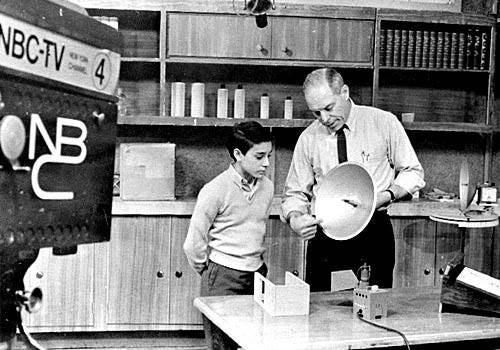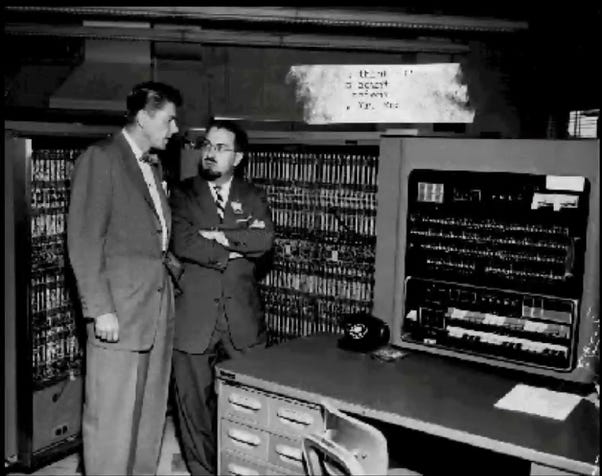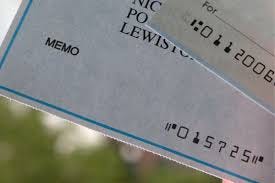Real astrophysicists don’t care much for the hit television show The Big Bang Theory, but they have learned to live with its popularity. Most of the plots were dumb, and of course after the first season the emphasis was more on the girls than on the science.
But there was one exception: when Sheldon met “Dr. Proton,” the television host who kindles his interest in science as a child. Dr. Proton was played by Bob Newhart, in one of his last appearances on television and a perfect coda to his long career.
The real “Mr. Proton” was Don Herbert, who, beginning in 1951 hosted a live show on NBC, as “Mr. Wizard.” It was an enormous success and ran though the 1950s into the next decade. Many future scientists and engineers were inspired by the show, as was Sheldon. In his obituary, Bill Nye wrote: “Herbert’s techniques and performances helped create the United States’ first generation of homegrown rocket scientists just in time to respond to Sputnik. He sent us to the moon. He changed the world.”
Herbert also appeared on the General Electric Theater, whose sponsor reminded the audience that, at GE, “Progress is our most important product.”
Beginning in 1954, Ronald Reagan became the regular host. Several of Reagan’s numerous biographers have noted that GE’s slogan made a lasting impression on the future president’s view of America.
For a while, General Electric was in the computer business (the photo above, however, is of an IBM mainframe). GE’s entry into computers was complicated. The industry at the time was dominated by IBM, whose computers used enormous quantities of vacuum tubes. GE was a principal supplier of vacuum tubes, and was wary of competing with its best customer. It established a facility in Arizona, where one of its chief engineers would forever be known as “Steven’s Father”: Arnold Spielberg. In the fall of 1959, GE unveiled a computer designed to process checks, introducing those funny “MICR” characters we all associate with “computer,” or at least we did. Ronald Reagan hosted the ceremony unveiling the machine.
The “Big Bang Theory” is a poor substitute for Don Herbert, but it, and its spin-off “Young Sheldon,” is all we have. Young people today watch “The Simpsons,” which has a surprising amount of science in it. Actually, I have no idea what, if anything, people watch today on broadcast television.
Homer solves Fermat's Last Theorem








This really took me back. Mr. Wizard wasn’t just about science tricks for kids. He made science feel like something you could do in your own kitchen. It’s wild to think how that kind of TV helped shape a whole generation of engineers and scientists. I didn’t know GE hesitated to compete with IBM because of the vacuum tube connection. That’s a great example of how messy progress can be behind the scenes. And the fact that Spielberg’s dad was part of GE’s computer project just ties everything together. From Mr. Wizard to moon landings to MICR codes on checks,it’s all connected in a strange way.
Thanks, Since I was born in the early 1950s, I was too young for Mr. Wizard. Instead, my "go to" science and education-oriented program was the General Electric College Bowl which I watched from the mid-1960s until 1970. I also lived near the original Disneyland in Anaheim, California. I recall that amusement park had a significant focus on science and technology.